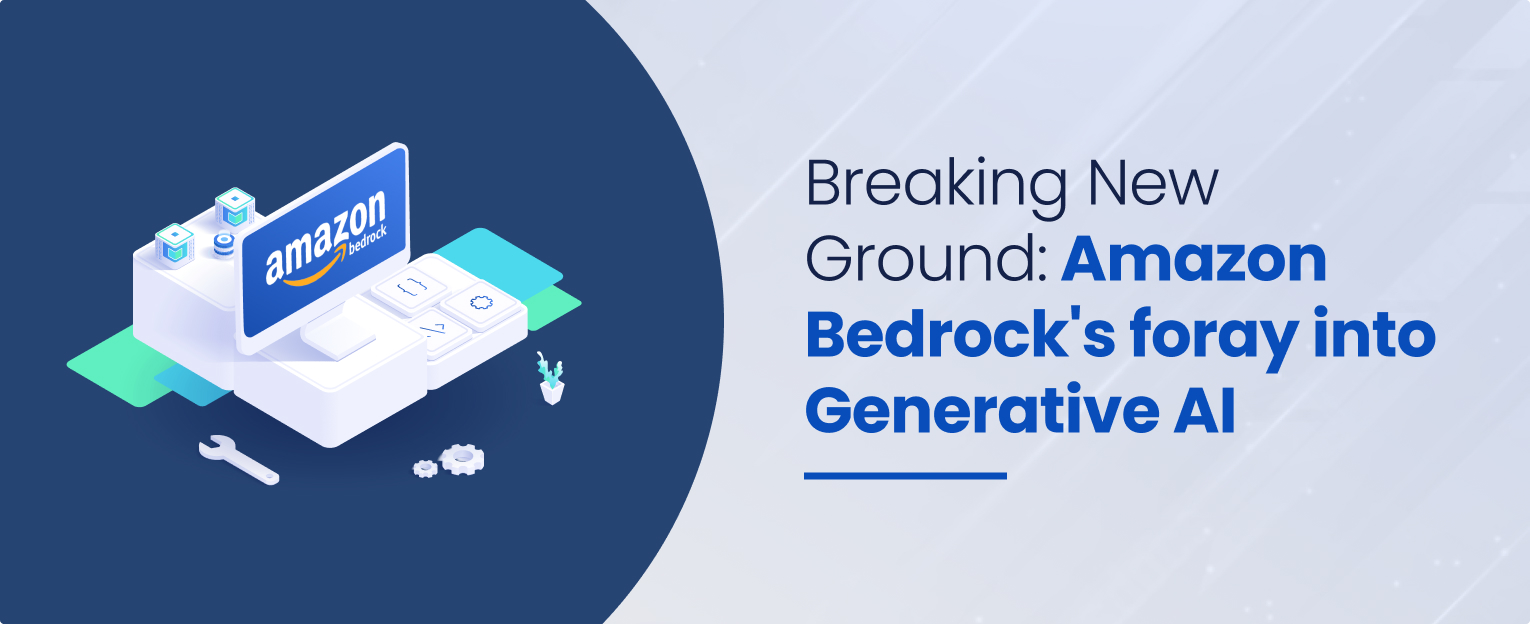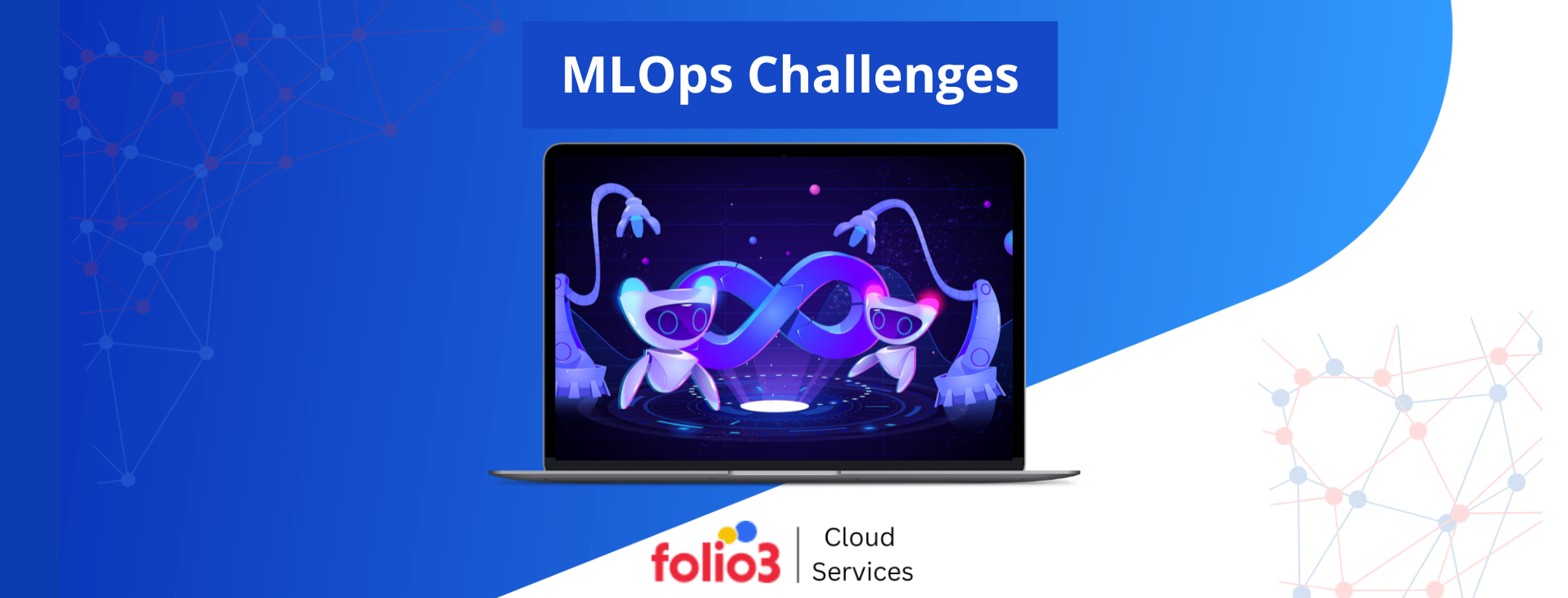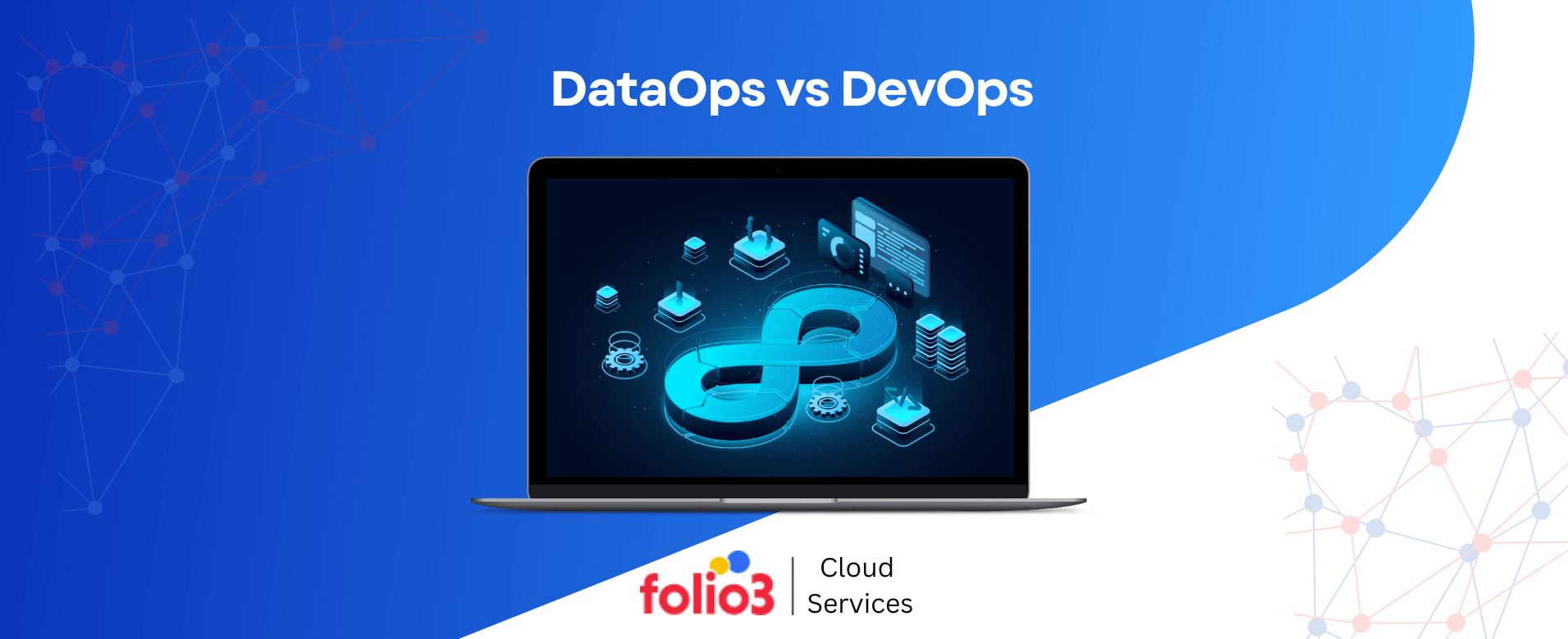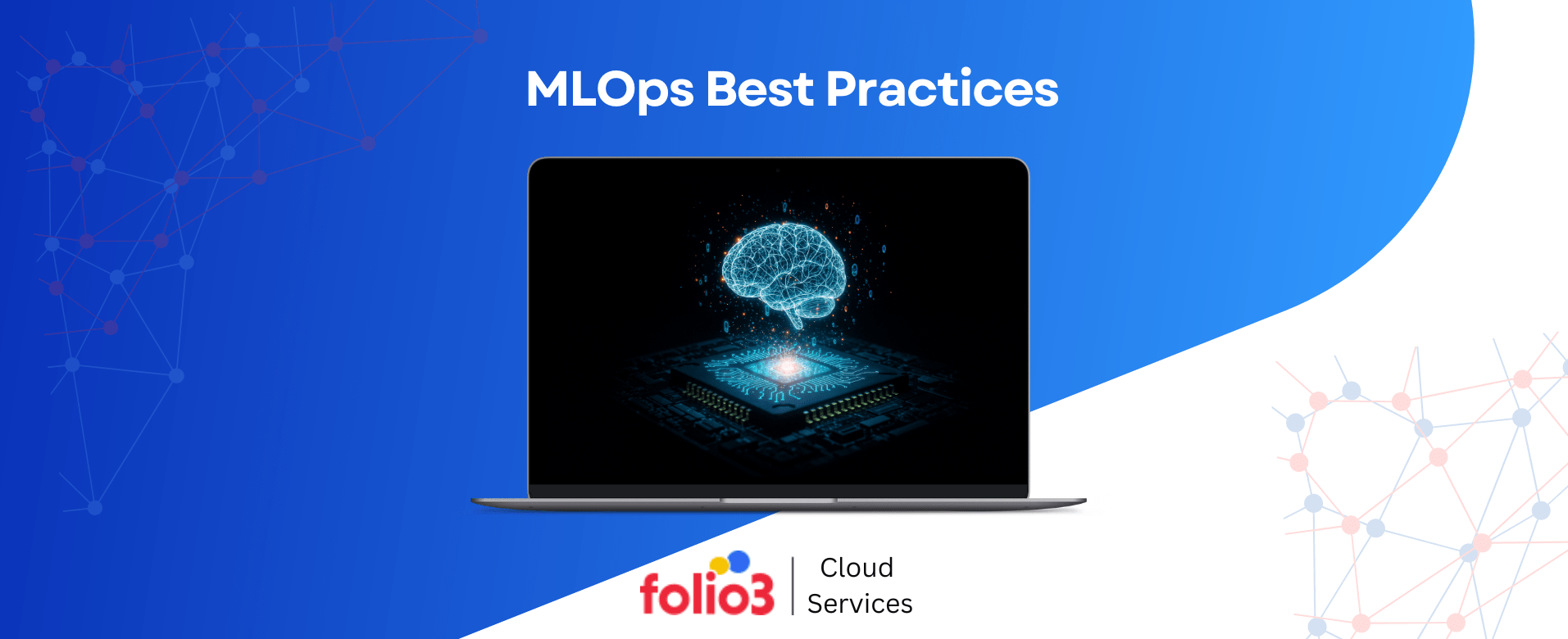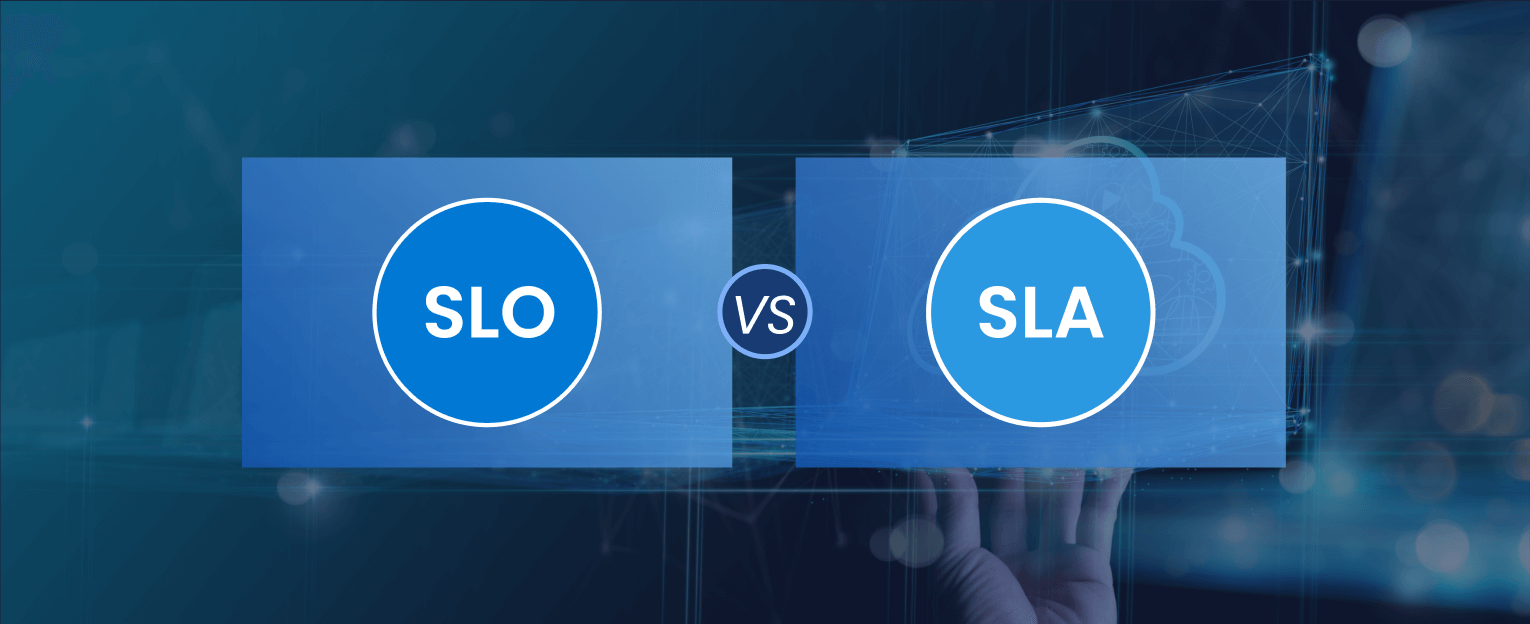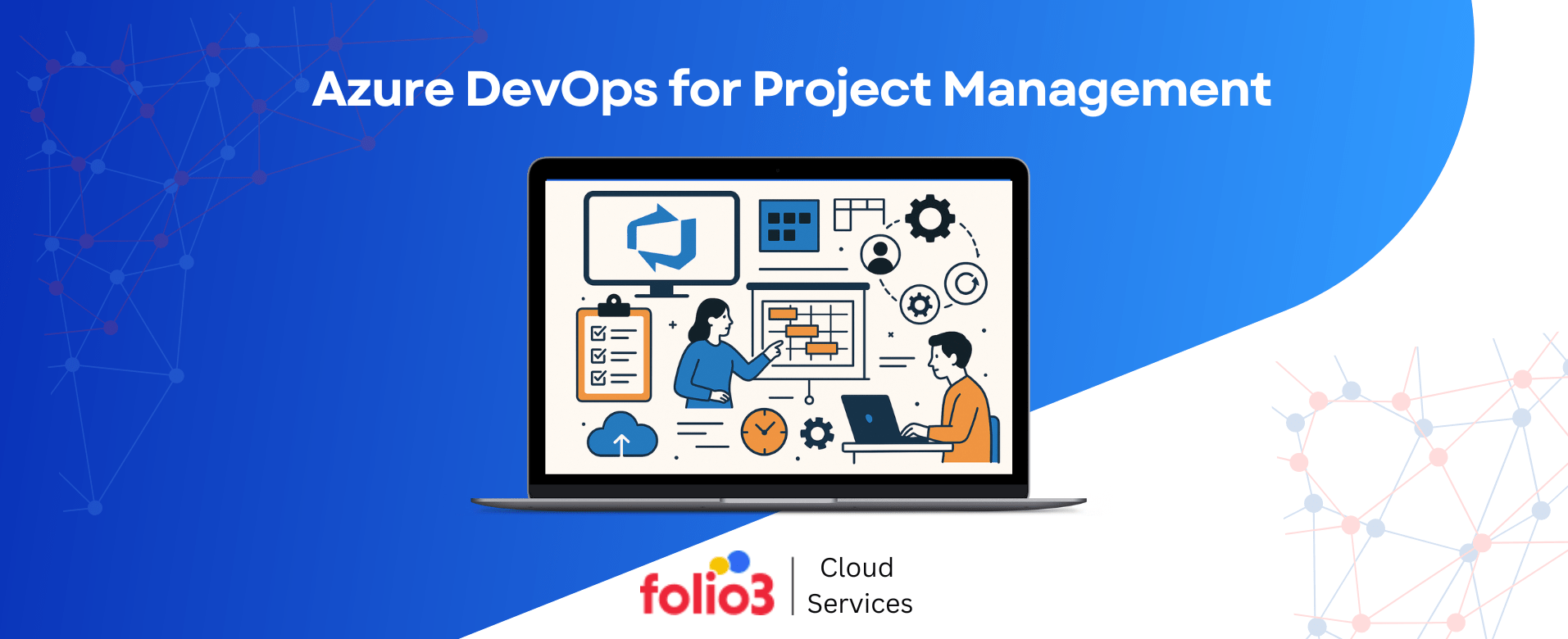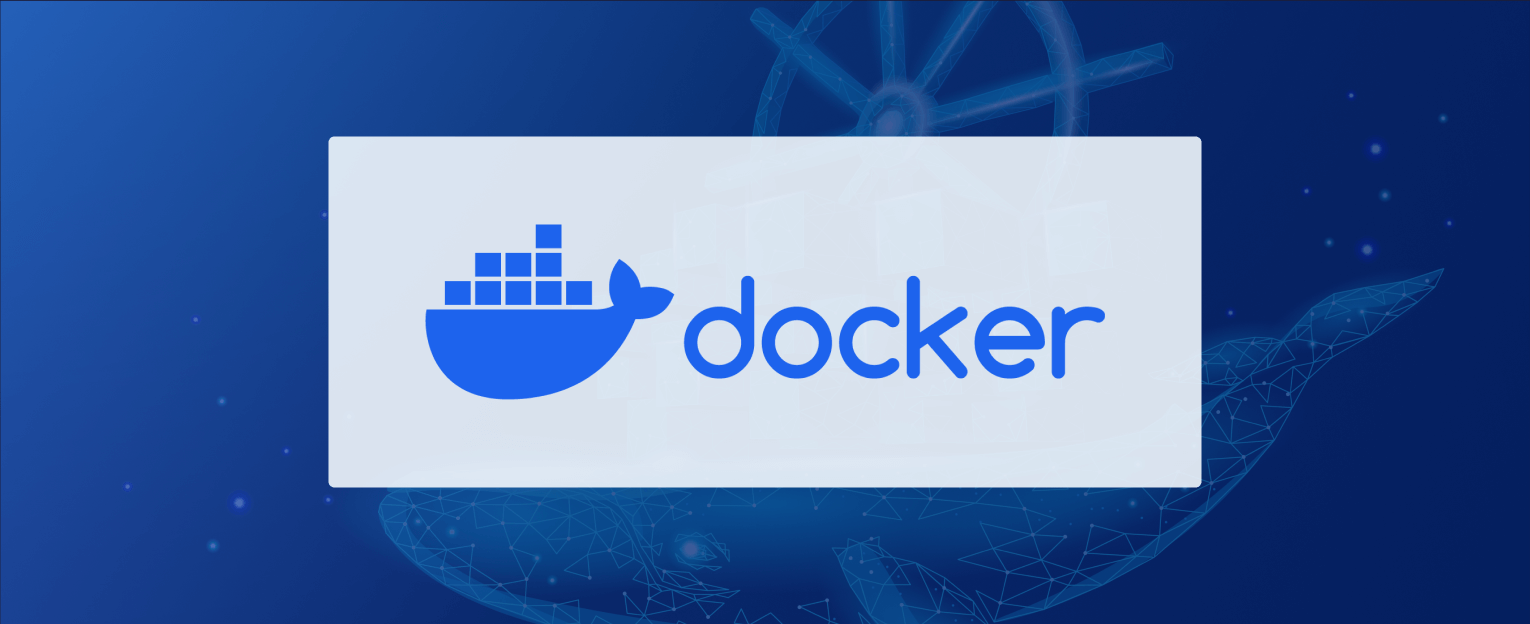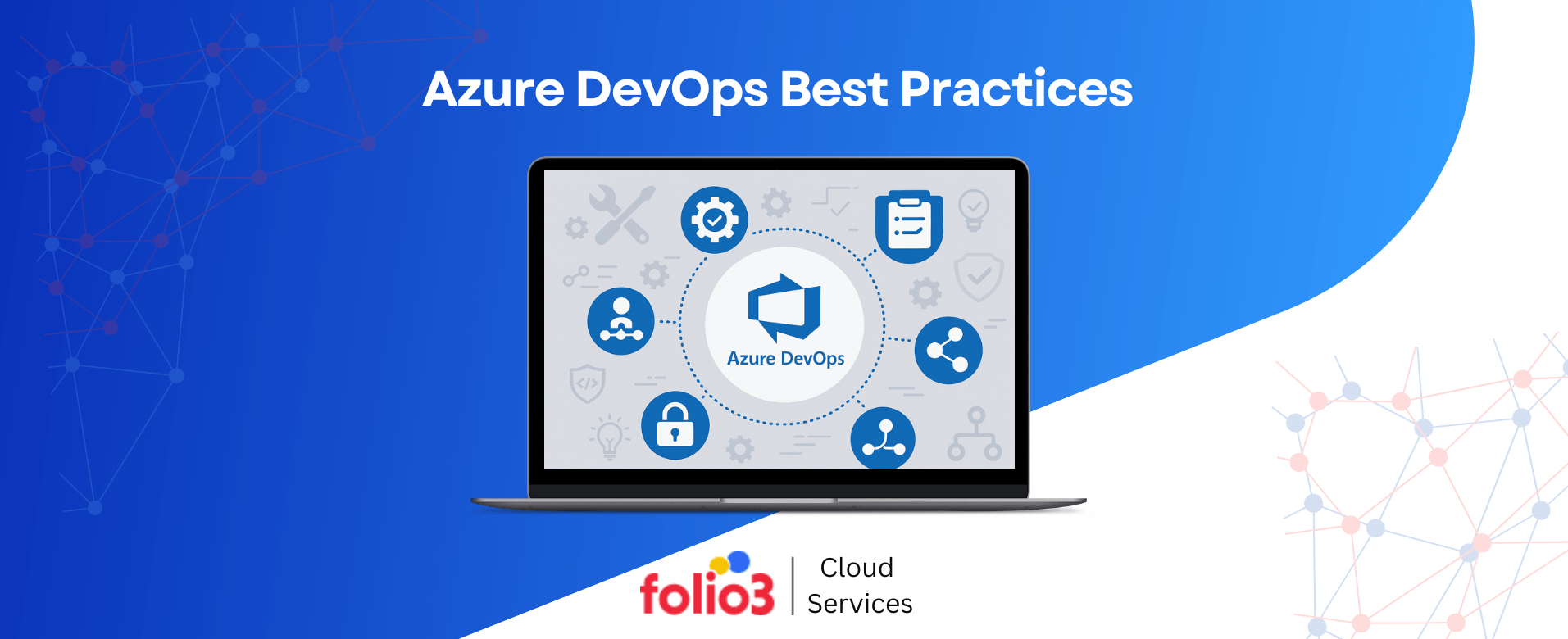Amazon recently made its grand entry into the generative AI space with the launch of its new platform, Amazon Bedrock. The platform is designed to help businesses create customized AI models that can generate new text, images, and audio based on specific parameters. Honestly speaking, with Alexa, Amazon had ventured into AI long before the hype was created with ChatGPT. However, this marks a significant development for the company as it seeks to remain at the forefront of the AI industry.
The latest addition to Amazon’s suite of cloud-based AI services, Amazon Bedrock was developed to help businesses leverage the power of AI in their operations. The platform is built on top of Amazon Web Services (AWS) and is designed to be highly customizable. It features a user-friendly interface that allows businesses of any and every size to create and train their own AI models without the need for extensive coding knowledge. The launch of Bedrock has been a significant milestone for Amazon as it seeks to expand its AI offerings and remain a leader in the industry.
Read More about: Top 10 Managed Cloud Service Providers Comparison (2024 List)

Transform Your Business with Cutting-Edge Cloud Solutions
Unlock the full potential of your business with our comprehensive suite of cloud services. Leverage scalability, flexibility, and enhanced productivity for accelerated growth.
What is Amazon Bedrock?
Built on top of the open-source GPT-3 language model, Amazon Bedrock was introduced by Amazon AWS on the 13th of April, 2023, and is known for its superb-quality natural language processing capabilities. The revolutionary technology allows different businesses to create custom content, such as marketing copy, product descriptions, and even entire blogs and articles, using machine learning algorithms as well as existing content on the world wide web.
The essence of Amazon Bedrock lies in its ability to generate superior-quality content quickly and efficiently. This can be especially useful for those businesses that need to create large volumes of content on an ongoing basis. By automating and overlooking the content creation process, companies can save time as well as resources while still producing engaging and effective content.
Another advantage of Amazon Bedrock is its flexibility. The platform can be tailored to meet the specific needs of each individual business, allowing for a truly customized experience. This means that businesses can train the platform and use it to generate content that is perfectly suited to their target audience, industry, and brand voice.
Diving into Amazon Bedrock and its Custom Models
Bedrock offers AWS customers the opportunity to access AI models from various providers, including AWS, through an API. While the exact details of pricing are yet to be announced, it is important to note that the company did hint that Bedrock has been primarily designed for enterprises and other such larger businesses developing AI applications on a bigger scale. This sets it apart from other AI model hosting services like Replicate, Google Cloud, and Azure.
Bedrock hosts a range of third-party models, such as AI21 Labs’ multilingual Jurassic-2 family and Anthropic’s versatile model, Claude. These models cater to conversational tasks, and text processing, and even help in generating images, art, logos, and graphic designs. In addition to these offerings, Amazon has introduced its bespoke Titan FM family, which includes a text-generating model and an embedding model. The text-generating model handles various tasks like writing blog posts and summarizing documents, while the embedding model translates text inputs into meaningful numerical representations.
Customers using AWS can easily customize any Bedrock model by providing a few labeled examples from their data stored on Amazon S3. Notably, customer data is not used to train the underlying models. Amazon emphasizes that its goal is to democratize machine learning and make it accessible to all users. Amazon Bedrock simplifies the process of building and scaling generative AI applications with its foundation models.
So What Does Amazon Bedrock Really Do?
A groundbreaking service offered by AWS, Bedrock provides access to its own language models, including Titan, as well as models from Anthropic and AI21 Labs. The Titan models are essentially foundation models and they comprise one model specialized in search and personalization, and another designed for generating written text across various document types.
When asked about the purpose of Amazon Bedrock, CEO Andy Jassy highlighted the demand for large language models in businesses, while acknowledging the significant investment of time and resources required for training. He emphasized that Bedrock aims to offer a pre-trained foundational model that is already robust, allowing companies to customize it according to their specific needs.
While products like ChatGPT target a broader consumer audience, Bedrock focuses primarily on serving companies and enterprises that wish to develop AI products using a reliable and established model. This approach has attracted interest from many notable organizations such as Deloitte, Accenture, and Infosys, looking forward to trying out the new platform.
Key Use Cases for Amazon Bedrock
Amazon Bedrock presents a diverse range of use cases, empowering businesses with enhanced AI capabilities tailored to their specific requirements:
- Advanced Search Capabilities
Leverage the search functionality to efficiently locate and synthesize information from extensive data sources, enabling quick and accurate responses to user queries.
- Content Generation
Harness the power of text generation to produce original and engaging content across various formats, including short stories, essays, social media posts, and website copy.
- Conversational Interfaces
Utilize Bedrock’s capabilities to build intelligent chatbots and virtual assistants that enhance the user experience, providing seamless interactions and valuable support to customers.
- Image Generation
Unleash the creative potential of Bedrock to generate realistic and artistic images based on language prompts, enabling the creation of visually captivating content for various subjects, environments, and scenes.
- Personalized Recommendations
Transform your customer experiences by offering contextually relevant recommendations customized to their needs by leveraging the power of customization and personalization.
- Text Summarization
Gain access to efficient text summarization tools, allowing you to obtain condensed summaries of articles, blog posts, books, and documents, enabling you to grasp the key points without reading the entire content.
How to Access Amazon Bedrock
Unfortunately, Amazon Bedrock is not available for public access as of yet, since it hasn’t been officially launched. Currently, you need to be one of the selected Amazon Web Services customers to access and try the new service, since a limited preview is available only for them. The official launch date of the platform has not yet been announced. If you are an AWS customer and would like more information on how to access Bedrock, you can stay updated by filling out this form on the AWS website.
Bedrock and Businesses: Empower Your Business with Amazon Bedrock
Amazon Bedrock offers businesses the ability to streamline their content creation process and save time and resources. With access to pre-trained FMs, businesses can quickly develop generative AI applications through a serverless API service. This means that there is no need to build and maintain complex infrastructure, as AWS manages everything. Additionally, Bedrock allows businesses to fine-tune the models to their specific needs, ensuring that the generated content meets their unique requirements. The pre-trained foundation models are built on top of over 20 years of ML experience at Amazon, ensuring their reliability and accuracy. Furthermore, the models are designed to detect and remove inappropriate or harmful content in data, and even reject such content in user input. This means that businesses rest assured that the content generated by Bedrock is safe and appropriate for their audience.
The platform promises to revolutionize the way organizations harness AI capabilities by offering seamless integration with existing AWS infrastructure. Using only 20 examples of desired tasks, businesses can effortlessly customize language models to meet their specific requirements and data. Slalom representatives predict that customizing large language models will be the preferred long-term approach for businesses, replacing out-of-the-box model usage. Leading integration partners such as Accenture, Deloitte, Infosys, and Slalom have already embraced the transformative potential of Amazon Bedrock. Coda, one of the organizations utilizing Bedrock during the preview phase, highlights the convenience and security it provides, enabling the rapid adoption of generative AI while safeguarding sensitive data.
Additionally, Amazon has unveiled a free tier for CodeWhisperer, an AI-based coding assistant. Developers can now access automated code writing within their existing integrated development environments at no cost. CodeWhisperer streamlines coding tasks, making it ideal for routine or time-consuming assignments, working with unfamiliar APIs or SDKs, ensuring effective use of AWS APIs, and other common codings scenarios like file handling, image processing, and unit test creation. For advanced features and enhanced security scanning, a professional tier is available, including integration with SSO and IAM Identity Center.
Overall, Amazon Bedrock provides an easy-to-use and customizable platform for businesses to leverage the power of generative AI. With its pre-trained FMs, serverless API service, and customization options, businesses can streamline their content creation process, improve the quality of their content, and provide a safer and more appropriate experience for their audience.

Transform Your Business with Cutting-Edge Cloud Solutions
Unlock the full potential of your business with our comprehensive suite of cloud services. Leverage scalability, flexibility, and enhanced productivity for accelerated growth.
Expert’s Opinion: Leveraging Amazon Bedrock and Its Competition with OpenAI

Exploring the thrilling competition between Amazon Bedrock and OpenAI: Expert Insights illuminate the clash of advanced technologies.
1. Anthony Buzzetta CEO & Founder of AI & tech company G TIER

“When it comes to leveraging the benefits of Amazon Bedrock, the best way to go about it is by integrating the platform with your existing infrastructure and harnessing its AI capabilities. If you are looking for a comprehensive solution, then this might be a good option for you. Using AI technologies and algorithms such as natural language processing (NLP), image recognition (IR) or even machine learning in general can bring tremendous value to businesses. This will help automate a variety of tasks that would otherwise require manual labor time or resources, thus saving costs in terms of time and money.
Moreover, one benefit of using AI is that it allows businesses to process large amounts of data faster than ever before – something which was once impossible but now made possible through technological advancements such as Amazon Bedrock Platform’s powerful computing capabilities. In addition, CTOs/CIOs have access to an array of tools and features provided by Amazon Bedrock they can use to optimize their operations even further. For example, there are various security-related products like Cloudtrail which allow them to secure sensitive information from unauthorized access; the Auto Scaling Groups feature helps manage to compute resources in real-time; while Serverless Compute services make deploying apps hassle-free across different platforms – only naming a few! As for taking on OpenAI in an “AI Wars” scenario? Well, that remains unseen at this point as both companies still have more room for improvement regarding their respective AI development strategies…
However, just judging based purely on capability alone – given all the tools mentioned above plus many more cutting-edge features not yet discussed – we believe Amazon Bedrock could potentially give OpenAI some heavy competition if they were ever pitted against each other head-to-head!”
2. Nathan Clark, one of the Co-Founders of Gate2ai

“1. How can businesses effectively leverage the benefits of Amazon Bedrock?
With my expertise in AI and cloud engineering, I’d say that Amazon Bedrock offers many benefits for businesses. By utilizing the platform’s AI models through its API, businesses can choose the most suitable models for their specific needs. Integrating Bedrock into existing infrastructure and workflows with the help of AI specialists and cloud engineers is key. The platform’s AI capabilities enable improved decision-making, automation, and valuable data insights. Staying updated on Bedrock’s features and advancements empowers businesses to unlock new possibilities in the dynamic AI landscape.
2. Is Amazon Bedrock Platform Will Take on OpenAI in AI Wars? (Amazon Bedrock vs. OpenAI: The Competition in AI)
While both Amazon Bedrock and OpenAI are prominent players in the AI industry, it is important to note that they have different focuses and offerings. Amazon Bedrock primarily provides a platform for businesses to access and utilize AI models from various sources. On the other hand, OpenAI focuses on developing cutting-edge AI technologies and models. While there may be some overlap in terms of AI capabilities, it is unlikely that Amazon Bedrock will directly compete with OpenAI as a comprehensive AI research and development organization. Rather, Amazon Bedrock serves as a valuable tool for businesses to leverage diverse AI models and integrate them into their operations.”
3. Youssef EL ACHAB from Itcertificate

“1. How can businesses effectively leverage the benefits of Amazon Bedrock?
Amazon Bedrock offers several advantages for businesses looking to optimize their operations and leverage AI capabilities. By integrating the platform with existing infrastructure, companies can benefit from streamlined workflows and enhanced efficiency. Here are a few key considerations for effectively harnessing the benefits of Amazon Bedrock:
a. Integration with existing infrastructure: Amazon Bedrock provides a robust foundation for businesses to build upon their existing infrastructure. By leveraging its scalable and flexible architecture, organizations can seamlessly integrate Bedrock into their technology stack, enabling efficient data processing and analysis.
b. AI capabilities: Amazon Bedrock’s AI capabilities empower businesses to leverage machine learning and other AI techniques to extract valuable insights from their data. By utilizing Amazon’s AI services, such as Amazon Rekognition, Amazon SageMaker, and Amazon Comprehend, companies can enhance decision-making processes, automate tasks, and improve customer experiences.
c. Specific features and tools: Amazon Bedrock offers a range of features and tools that businesses can utilize to optimize their operations. For example, AWS Lambda can be employed to build serverless applications, Amazon Redshift enables data warehousing and analytics, and Amazon S3 provides secure and scalable storage options.
d. Expert perspectives: To gain further insights into effectively leveraging Amazon Bedrock, it is highly beneficial to seek perspectives from cloud engineers, artificial intelligence experts, CTOs, and CIOs. Their expertise can help businesses tailor their implementation strategies and maximize the benefits offered by the platform.
2. Is Amazon Bedrock Platform Will Take on OpenAI in AI Wars? (Amazon Bedrock vs. OpenAI: The Competition in AI)
Understanding the competitive landscape between Amazon Bedrock and OpenAI is crucial for organizations exploring AI platforms. While both platforms have their unique strengths, it is valuable to assess how they compare in terms of AI technology, scalability, customization, and other relevant factors. Here are some insights on this topic:
a. AI technology: Amazon Bedrock and OpenAI have different approaches to AI technology. Bedrock provides a comprehensive suite of AI services and tools, which are integrated within the broader AWS ecosystem. OpenAI, on the other hand, focuses on developing cutting-edge AI models and frameworks, such as GPT (Generative Pre-trained Transformer). Comparing the technological offerings of each platform can help businesses determine which aligns best with their specific needs.
b. Scalability: Both Amazon Bedrock and OpenAI offer scalable solutions, but they differ in their implementation. Amazon’s cloud infrastructure provides a robust and highly scalable environment for deploying AI applications built on Bedrock. OpenAI, while known for its powerful models, might require additional infrastructure considerations to achieve comparable scalability.
c. Customization: The level of customization available on each platform may vary. Amazon Bedrock provides a wide range of services, allowing businesses to customize their AI applications according to their requirements. OpenAI, on the other hand, may provide more customizable models and frameworks for specific AI tasks.
d. Expert perspectives: To obtain comprehensive insights into the competitive landscape between Amazon Bedrock and OpenAI, it is recommended to consult cloud engineers, artificial intelligence experts, CTOs, and CIOs. Their perspectives can shed light on the strengths and limitations of each platform, helping businesses make informed decisions.”
4. Vladislav Bilay DevOps Lead at Aquiva Labs

“1. Effectively Leveraging Amazon Bedrock
To harness the advantages of Amazon Bedrock, businesses can consider the following strategies:
a. Amazon Bedrock can be seamlessly integrated with existing infrastructure by leveraging its compatibility with popular programming languages and frameworks. By connecting their systems to Amazon Bedrock through APIs and development tools, businesses can unlock its capabilities without disrupting their existing operations.
b. Amazon Bedrock provides specific features and tools that can optimize operations. For instance, Amazon SageMaker enables businesses to build, train, and deploy machine learning models efficiently. It simplifies the process of model development and offers pre-built algorithms, making it accessible to data scientists and developers with varying levels of expertise. Additionally, Amazon QuickSight can be used for data visualization and analysis, enabling businesses to gain actionable insights and make data-driven decisions.
c. Amazon Bedrock offers a range of AI services that can be leveraged to optimize operations. For example, businesses can utilize Amazon Rekognition for image analysis to automate tasks like object recognition or use Amazon Comprehend for natural language processing to extract insights from text data.
2. Amazon Bedrock vs. OpenAI in AI Competition.
In the competitive landscape of AI platforms, Amazon Bedrock and OpenAI have distinct characteristics and focus areas:
a. Amazon Bedrock leverages the comprehensive infrastructure of AWS to provide a wide range of AI services and tools. OpenAI, on the other hand, focuses on developing advanced AI models and algorithms.
b. Amazon Bedrock is part of the broader AWS ecosystem, providing businesses with access to a wide range of cloud services, storage options, and integrations. OpenAI primarily focuses on AI research and development, with a focus on developing advanced AI models.
c. Amazon Bedrock benefits from the scalability and reliability of AWS, which can handle large-scale deployments and offer extensive customization options. OpenAI, with its emphasis on AI model development, may offer customization options for specific AI tasks.”
5. Tim Alexander Founder of Alt Text Generator

“Regarding first question, businesses can leverage the benefits of Amazon Bedrock in multiple ways. Firstly, the platform provides various benefits such as automation of infrastructure deployment, improved security, scalability, and reliability. Additionally, it offers an AI framework for building and deploying ML models. Businesses can take advantage of these features for data processing, analysis, and various other use cases. To integrate the platform with existing infrastructure, it is recommended to adopt a hybrid cloud architecture that provides a seamless integration between on-premise and cloud environments.
Regarding second question, Amazon Bedrock and OpenAI have different approaches towards AI. While Amazon Bedrock provides a platform for building and deploying ML models, OpenAI primarily focuses on research and developing advanced AI capabilities. Both platforms have their strengths and weaknesses. Amazon Bedrock offers more customization options and scalability, while OpenAI provides more advanced AI capabilities. In terms of competition, Amazon Bedrock and OpenAI cater to different segments of the market, and they can potentially coexist and complement each other.”
6. Eva Decker, Marketing Director of IDIGIC

“Leveraging Amazon Bedrock, an AI-powered platform developed by Amazon, and its competition with OpenAI, a leading AI research organization, presents exciting opportunities in the field of artificial intelligence. Both companies have made significant advancements in natural language processing and machine learning, fueling innovation in various industries. As Amazon Bedrock and OpenAI continue to push the boundaries of AI technology, businesses can benefit from their competition by gaining access to cutting-edge tools and frameworks for building intelligent applications. This rivalry drives continuous improvements, driving the development of more sophisticated AI models, algorithms, and infrastructure. Additionally, the competition fosters an environment of rapid knowledge sharing and collaboration, further accelerating AI research and development. By leveraging the capabilities offered by both Amazon Bedrock and OpenAI, organizations can tap into the power of AI to enhance customer experiences, optimize operations, and drive business growth in an increasingly competitive landscape.”
7. Jason Wise, Chief Editor at EARTHWEB

“Regarding your first question, businesses can effectively leverage the benefits of Amazon Bedrock in various ways. One of the key advantages of this platform is its ability to seamlessly integrate with existing infrastructure, allowing companies to leverage its AI capabilities for enhanced decision-making, predictive analysis, and automation. Businesses can also benefit from specific features and tools offered by Amazon Bedrock to optimize their operations, reduce costs, and increase efficiency.
As for your second question, I believe Amazon Bedrock is a top player in the AI platform market, but it is not directly competing with OpenAI. Amazon Bedrock focuses on providing a scalable platform while OpenAI has a more focused approach to research and development. Both platforms have their unique strengths, and businesses should evaluate them based on their specific needs and use cases.”
8. Pushkal Bajpai Growth at Media.net

“Here are my 2 cents on the topic:
Amazon Bedrock and OpenAI are two prominent players in the field of advanced technologies and artificial intelligence (AI). Let’s explore how Amazon Bedrock and OpenAI are positioned and their potential competition:
Amazon Bedrock:
Amazon Bedrock is a serverless platform that Amazon Web Services (AWS) offers. It provides a comprehensive environment for building and deploying applications without the need for server management. With Bedrock, developers can focus on application development while AWS takes care of the underlying infrastructure. The platform offers pre-built components, integrations with various AWS services, and scalability to meet evolving business needs. While Amazon Bedrock incorporates AI and machine learning capabilities through its integration with AWS services, its primary focus is on providing a serverless development platform.
OpenAI:
OpenAI is a research organization dedicated to advancing AI and developing cutting-edge AI models. OpenAI’s objective is to ensure that artificial general intelligence (AGI) benefits all of humanity. OpenAI has made significant contributions in the field of AI, particularly with models like GPT-3, which showcases advanced natural language processing capabilities. OpenAI’s research and models have found applications across various domains, including language understanding, content generation, and even assisting in code writing.
Competition in AI:
While Amazon Bedrock and OpenAI operate in the realm of AI, they serve different purposes and have distinct areas of focus. Amazon Bedrock primarily focuses on providing a serverless development platform and infrastructure services for businesses. It enables developers to build and deploy applications easily, leveraging AWS services’ power.”
9. Esteban Pardo IT PhD

“1. How can businesses effectively leverage the benefits of Amazon Bedrock?
It is hard to know the specific details of how the AWS Generative AI service will work, since when you try to access it, it says: “Thanks for your interest in generative AI on AWS. Please submit the information below to request assistance and to stay informed on service news.” If I had to guess, according to the product page it will be a clone of OpenAI’s API service. You send a JSON request using HTTP, and the service will return a JSON with the result. For instance, when you make this request (Your prompt is “Say this is a test!”):
This is a example code:
curl https://api.openai.com/v1/chat/completions \
-H Content-Type: application/json \
-H Authorization: Bearer $OPENAI_API_KEY \
-d '{
model: gpt-3.5-turbo,
messages: [{role: user, content: Say this is a test!}],
temperature: 0.7
}'
It returns this chunk of text:
{
id:chatcmpl-abc123,
object:chat.completion,
created:1677858242,
model:gpt-3.5-turbo-0301,
usage:{
prompt_tokens:13,
completion_tokens:7,
total_tokens:20
},
choices:[
{
message:{
role:assistant,
content:\n\nThis is a test!
},
finish_reason:stop,
index:0
}]}However, its success will depend on the models it can serve, the training data used to train these models, and the modality of the algorithms (text prompts, images, audio…).
Taking OpenAI as an example, a good example is to provide a corporate version of ChatGPT. This corporate version could have specific filters for sensitive information that the public version of ChatGPT does not have. Otherwise, the functionality would be quite similar to what we are used to with ChatGPT.
2. Is Amazon Bedrock Platform Will Take on OpenAI in AI Wars? (Amazon Bedrock vs. OpenAI: The Competition in AI)
The short answer is no. AWS will certainly capture a small fraction of the market share but, from my experience, AWS has tried several times to compete with leading companies of different cloud services and failed. One specific example that comes to mind is AWS Amplify, which tries to compete with Vercel. The general consensus, at least for this specific example, is that AWS is somewhat behind, and the only good reason to use the AWS counterpart is because you are already using the AWS ecosystem and there may be some integration benefits.
OpenAI has been offering its API since 2020, and has been associated with state of the art AI for a long time now. They haven’t just focused on PR, but have also delivered some cool AI breakthroughs like OpenAI Five. My view is that Amazon is just trying to rush a new service jumping in the bandwagon of generative AI, but its goal is just to keep the AWS users happy so that they can play with this new service. But the service itself will be just this: a toy for AWS users.”
10. Thomas Paddock ITL3 Certified – 2nd Line Remote Support

“From my experience in arbitrage, I’ve had first hand exposure to the workings of Amazon’s cloud-based systems, making me a strong voice in discussing the utilization of Amazon Bedrock. With its generative AI capabilities, this platform has added a new layer of opportunities for businesses.
Think about this: as businesses, we always strive for efficiency and innovation, right? Amazon Bedrock could be the game-changer here. By leveraging its AI capabilities, companies can integrate it into their existing infrastructure, leading to seamless operations and optimization of previously manual or time-consuming tasks.
For instance, my arbitrage business has been revolutionized by integrating Amazon Bedrock. The platform’s ability to analyze vast datasets and generate new content allows me to better understand market trends, leading to more innovative and profitable buying decisions. That’s why I’d encourage businesses to take full advantage of these tools.
The AI landscape is incredibly competitive. With OpenAI and Amazon Bedrock being prominent players, there’s much to dissect. My view is that while both have their strengths, they cater to different needs and use cases. OpenAI has made strides in large-scale AI models. Still, Amazon Bedrock’s ease of use, scalability, and AWS infrastructure make it a compelling choice for businesses looking for an all-in-one solution.
Yet, it’s not a clear-cut competition. The choice between these platforms depends mainly on the business’s specific needs. While I was able to leverage Bedrock’s capabilities to significant effect for my arbitrage business, a different type of company might find OpenAI’s offerings more beneficial.
Taking a step back, the rise of generative AI has been a true game-changer in fields as diverse as product engineering, production optimization, and supply chain management. I’ve seen its potential in action. For instance, it’s revolutionized how my business deals with product designs. We’ve cut down the time-to-market significantly for new products thanks to generative AI’s ability to develop many design options swiftly and efficiently.
For those in the manufacturing industry, this AI technology can be a potent tool in your arsenal. The combination of real-time visibility and risk mitigation can enhance supply chains dramatically, giving businesses an edge in the increasingly complex global marketplace.
So, what’s the bottom line? Both Amazon Bedrock and OpenAI have their unique strengths. The real game-changer is understanding and leveraging these platforms’ capabilities to fit your business needs. And from what I’ve seen so far, the future of AI in business is bright.”

